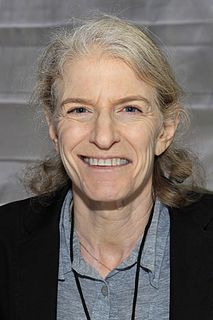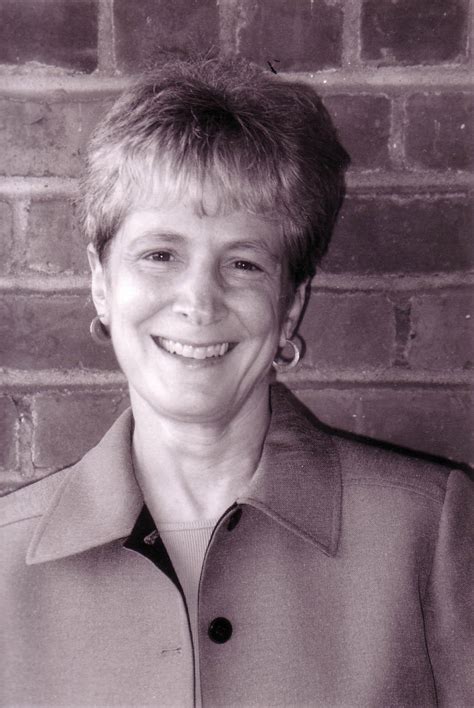A Quote by Marisa Silver
As we change, the way in which we are perceived in terms of our relevance, our value, our beauty, and sexual potency changes.
Related Quotes
By our uncritical pursuit of relevance we have actually courted irrelevance; by our breathless chase after relevance without a matching committment to faithfulness, we have become not only unfaithful, but irrelevant; by our determined efforts to redefine outselves in ways that are more compelling to the modern world than are faithful to Christ, we have lost not only our identity but our authority and our relevance. Our crying need is to be faithful as well as relevant
Language changes. If it does not change, like Latin it dies. But we need to be aware that as our language changes, so does our theology change, particularly if we are trying to manipulate language for a specific purpose. That is what is happening with our attempts at inclusive language, which thus far have been inconclusive and unsuccessful.
Global climate change is real and we have a limited time to change our behavior or live with the consequences. We can all help by making small changes in our lives to letting our voice be heard by our governing bodies. As has always been the case in this country, if the people demand change, it will come.
We have reached a point where the value we do add to our economy is now being outweighed by the value we are removing, not only from future generations in terms of diminished resources, but from ourselves in terms of unlivable cities, deadening jobs, deteriorating health, and rising crime. In biological terms, we have become a parasite and are devouring our host.
If God had perceived that our greatest need was economic, he would have sent an economist. If he had perceived that our greatest need was entertainment, he would have sent us a comedian or an artist. If God had perceived that our greatest need was political stability, he would have sent us a politician. If he had perceived that our greatest need was health, he would have sent us a doctor. But he perceived that our greatest need involved our sin, our alienation from him, our profound rebellion, our death; and he sent us a Savior.
When we feel we are powerless our ego most wants to change the things in our world. As we realize we have the power to change our reality the maturity that comes with that understanding changes us, and we find ourselves in acceptance of what is with less desire of feeling our need to change the world around us.
The way we live our daily lives is what most effects the situation of the world. If we can change our daily lives, then we can change our governments and can change the world. Our president and governments are us. They reflect our lifestyle and our way of thinking. The way we hold a cup of tea, pick up the newspaper or even use toilet paper are directly related to peace.
Men call women faithless, changeable, and though they say it in jealousy of their own ever-threatened sexual honor, there is some truth in it. We can change our life, our being; no matter what our will is, we are changed. As the moon changes yet is one, so we are virgin, wife, mother, grandmother. For all their restlessness, men are who they are; once they put on the man's toga they will not change again; so they make a virtue of that rigidity and resist whatever might soften it and set them free.
When we respect ourselves, our lives change because the conflict in our mind ends. Then the relationship with our beloved also changes, and there will be peace in our family, in our friendships, in our community, and so on. Just imagine what kind of planet this would be if everybody respected themselves and everybody else?
The love of God again makes us free, for it draws us to set a low value on those things wherein we are subject to others - our wealth, our position, our reputation, and our life - and to set a high value on those things which no man can take from us - our integrity, our righteousness, our love for all men, and our communion with God.
I mean, what is racism? Racism is a projection of our own fears onto another person. What is sexism? It's our own vulnerability about our potency and masculinity projected as our need to subjugate another person, you know? Fascism, the same thing: People are trying to untidy our state, so I legislate as a way of controlling my environment.



































